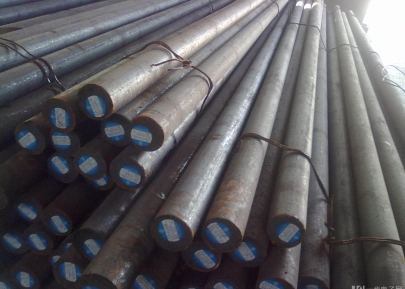Exploring the Impact of Die Base in Copper Blocks: Why This Combination is a Game Changer!
In the realm of metal fabrication, the synergy between die base and copper blocks is undeniably transformative. As I delved deeper into this intricate relationship, it became clear that this partnership not only broadens the scope of industrial possibilities but also enhances the performance characteristics of the end products. Let's embark on this exploration together!
The Significance of Die Base in Metalworking
When discussing die bases, one must recognize their pivotal role in shaping metal components. Essentially, the die base serves as the foundation onto which various shapes, be it intricate designs or basic forms, can be imprinted. The interplay between the die base and the material being molded, particularly copper, cannot be overstated.
Understanding Copper Blocks: A Material of Choice
Copper blocks are favored in numerous applications, from electrical components to decorative fixtures. With their excellent conductivity and resistance to corrosion, they remain the go-to choice for many industries. Yet, the question arises: what truly elevates copper blocks when paired with an optimal die base?
Why the Combination is a Game Changer
This combination alters the game significantly. Here are some compelling reasons:
- Enhanced Strength: The die base structure ensures that the copper block retains its integrity during molding.
- Precision in Shaping: This partnership allows for more intricate designs, accommodating varied specifications.
- Improved Surface Finish: Using quality die bases results in a smoother surface, reducing post-processing work.
Exploring Applications in Copper Roofing Sheets
Think about copper roofing sheets. The captivating aesthetic combined with longevity makes copper an exceptional choice for rooftops. By using an efficient die base during fabrication, manufacturers can achieve stunningly precise dimensions, ensuring a beautiful fit. Moreover, the durability of copper means that when it’s properly shaped with a die base, it can withstand the test of time.
Innovative Processes: A Closer Look
One must consider the technology underlying the integration of die bases and copper materials. Processes like stamping and forging utilize specially designed dies, resulting in standardized products that retain high quality. But how do we ensure that every product meets our standards? Let's break it down.
| Process | Advantages | Challenges |
|---|---|---|
| Stamping | High-volume production, consistency | Initial tooling costs can be high |
| Forging | Increased strength, reduced chance of defects | Requires complex machinery |
How to Gold Plate Copper?
Shifting gears a bit, you might wonder, how to gold plate copper? This process emphasizes the importance of surface integrity, as a well-molded copper piece will present a better substrate for gold plating. Here’s a simple breakdown:
- Clean the copper piece thoroughly to remove any impurities.
- Apply a nickel strike to enhance adherence.
- Finally, immerse in a gold plating bath for the desired thickness.
Key Takeaways
As I reflect on the insights gained from combining die bases with copper, several key points arise:
Conclusion
In conclusion, the integration of die base within the realm of copper blocks is not simply an incremental improvement; it is a veritable game changer. By enhancing strength, precision, and finish quality, this combination paves the way for innovative designs and applications that were once deemed unattainable. It's an exciting time in the industry, and I look forward to seeing where this journey leads us in the future!



